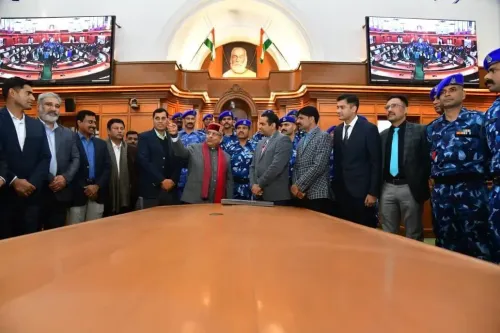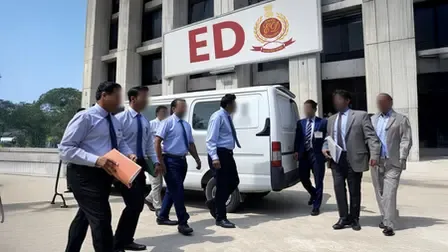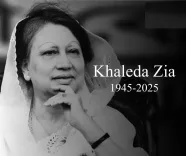Why Did MMRDA Decide to Re-Tender the Ghodbunder-Bhayandar Projects?

Synopsis
Key Takeaways
- MMRDA's decision reinforces transparency.
- Legal clearance does not preclude ethical governance.
- Public funds must be utilized wisely.
- Challenges from L&T highlight eligibility concerns.
- Leadership requires ethical considerations.
Mumbai, May 31 (NationPress) The Mumbai Metropolitan Region Development Authority (MMRDA) on Saturday firmly supported its decision to cancel tenders for the Thane-Ghodbunder-Bhayandar twin tunnel and elevated road projects, estimated at approximately Rs 14,000 crore.
The authority pointed out that this move was voluntary and intended to maintain transparency, even after receiving legal confirmation from the courts.
In a submission to the Supreme Court on Friday, MMRDA announced its intention to scrap both tenders and start a new bidding process as part of its commitment to transparency and to protect the larger public interest.
“The choice to re-tender the Ghodbunder-Bhayandar infrastructure projects highlights MMRDA’s dedication to public value, ethical governance, and transparency,” the authority stated in a release.
“This voluntary action occurs despite the Supreme Court choosing not to intervene with the Bombay High Court’s decisions, which validated the legality and procedural integrity of the tender process for the Gaimukh-Bhayandar project,” it added.
The MMRDA also indicated that it was considering a reduction in the project’s base cost by about Rs 3,000 crore, based on price quotes disclosed during court proceedings, to ensure optimal use of public funds.
Infrastructure giant Larsen & Toubro (L&T) had previously challenged the tendering process in the Bombay High Court, which upheld MMRDA’s procedures on both occasions, affirming that all regulations, technical criteria, and eligibility standards had been observed.
In its Special Leave Petition (SLP) to the Supreme Court, L&T sought both interim and final reliefs, including a halt on the High Court’s decision, a suspension on the opening of financial bids, a prohibition on revealing submitted bids, and a pause on issuing any Letter of Award.
Nonetheless, the apex court declined to grant any of these interim requests.
“The Court did not stay the High Court’s order, nor did it prevent MMRDA from opening financial bids, revealing them, or issuing Letters of Award,” stated the MMRDA.
“During the final hearings, Chief Justice B.R. Gavai explicitly refused to interfere with the Bombay High Court's decisions, thereby reinforcing the legality of MMRDA’s tendering process.”
According to MMRDA, L&T was disqualified for not meeting a crucial eligibility criterion that required bidders to disclose that no bridge or barrage constructed by them had collapsed within two years of completion.
Based on L&T’s own admission, the company was deemed ineligible, and its financial bid was never considered.
“MMRDA’s stance in this matter transcends a legal victory. It demonstrates leadership—where legal compliance is a baseline, and ethical decision-making in the public interest is the standard,” the statement concluded.










